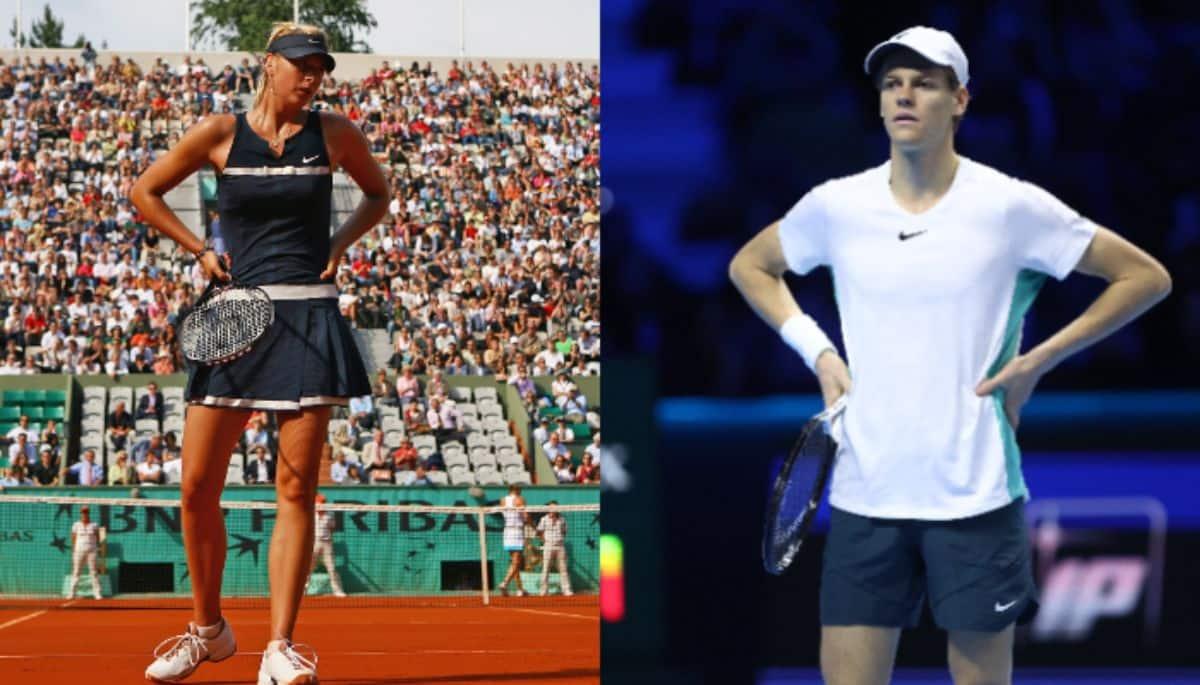
Top Five Doping Scandals In Tennis
Lets take a took at some of the high-profile tennis players who have failed dope test over the years
During the 2007 Wimbledon, Swiss star Martina Hingis tested positive for a metabolite for cocaine and was suspended for two years. Although she denied using the drug, the five-time Grand Slam champion decided to retire from professional tennis for the second time in November 2007.
The Romanian tennis great tested positive for the drug Roxadustat during the 2022 US Open. A year later,the former Wimbledon and French Open champion was also charged with another doping offence for alleged irregularities in her athlete biological passport (ABP).
However, in 2024, the former world No. 1 had her four-year ban cut to nine months by the Court of Arbitration for Sport (CAS). The court for global sport ruled Halep had showed her positive test for a banned blood-boosting substance unintentionally and it was caused by a contaminated supplement.
The America superstar was one of the first high profile tennis players to have failed the dope test. In 1997, Agassi tested positive for Methamphetamine. The eight-time Grand Slam champion was suspended for three months but was later permitted to resume career.
Maria sharapova failed a drug test for meldonium during the 2016 Australian Open. The Russian said she had been using the drug for more than a decade before it was put to the prohibited list. The five-time Grand Slam winner was handed a two-year ban which was later reduced to 15 months on appeal.
The Italian youngster is the latest tennis star to have got into doping scandal. The 2024 Australian Open winner tested positive for clostebol, a banned anabolic steroid that can be used for ophthalmological and dermatological use, on both March 10 and March 18.
However, a panel held a hearing on Aug. 15 and determined no fault or negligence applied in the case, resulting in no period of ineligibility for the Sinner. According to the tribunal, it was caused by the incidental contamination by his physiotherapist.
Legal Disclaimer:
MENAFN provides the
information “as is” without warranty of any kind. We do not accept
any responsibility or liability for the accuracy, content, images,
videos, licenses, completeness, legality, or reliability of the information
contained in this article. If you have any complaints or copyright
issues related to this article, kindly contact the provider above.


















Comments
No comment